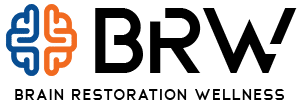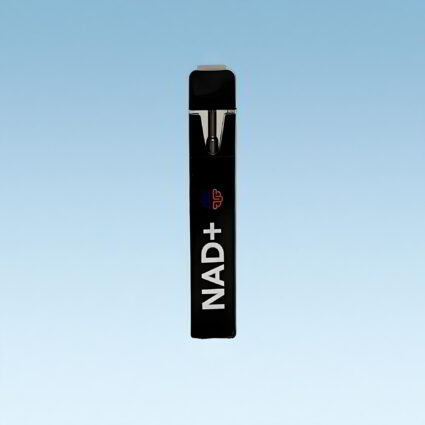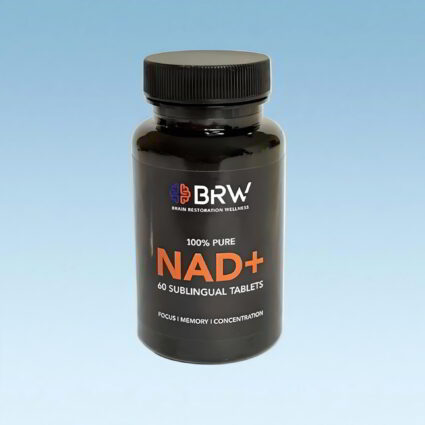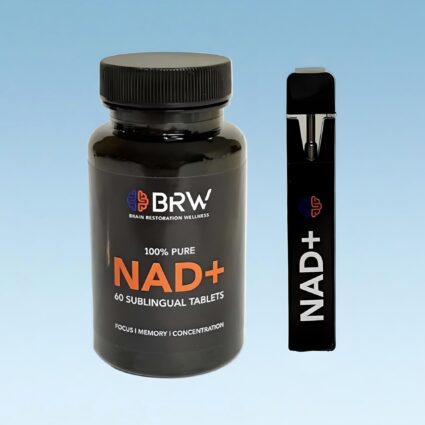When someone enters a drug rehabilitation program, they may be facing more than just addiction; often, mental health issues are also present, and these are known as co-occurring disorders. Effective treatment for these individuals requires a comprehensive approach that addresses both aspects simultaneously. This piece explores the methods and treatments that rehabilitation centers employ to tackle this dual challenge, ensuring a holistic recovery process.
Understanding Co-occurring Disorders
Co-occurring disorders involve the simultaneous presence of a mental health disorder and a substance use disorder, and understanding this interplay is crucial for effective treatment. A patient might struggle with depression alongside alcoholism, or anxiety compounded by opioid addiction, scenarios that require specialized care strategies.
- Recognize the intertwined nature of mental health and addiction
- Assess each disorder concurrently rather than in isolation
- Customize treatment to address both disorders together
Integrated Treatment Approach
An integrated treatment approach is essential when dealing with co-occurring disorders. This method blends psychiatric and substance use treatment into a coherent plan aimed at tackling both issues as interconnected rather than separate.
- Implement therapy sessions that address psychological and substance issues
- Use group and individual counseling to cover different aspects of the disorders
- Coordinate care between different health professionals to ensure comprehensive treatment
Role of NAD Therapy in Treatment
Nicotinamide adenine dinucleotide (NAD) therapy has become a significant component in the treatment of co-occurring disorders. By helping to restore brain function and reduce cravings, NAD therapy supports the physical aspect of recovery while other therapeutic modalities address the psychological side.
- Enhance brain recovery and reduce withdrawal symptoms
- Support the physical body’s healing process alongside mental health treatment
- Use as part of a broader regimen that includes psychological counseling
Personalized Care Plans
Personalization is key in the treatment of co-occurring disorders. Since every individual’s situation is unique, rehabilitation centers must develop personalized care plans that address the specific needs and conditions of each patient.
- Conduct thorough initial assessments to understand each patient’s background and needs
- Adjust treatment plans as the patient progresses and develops new needs
- Involve patients in the planning process to ensure their buy-in and comfort with the treatment

Therapeutic Modalities Used
A range of therapeutic modalities is employed to treat co-occurring disorders, each selected based on the patient’s specific needs. Common therapies include cognitive-behavioral therapy (CBT), which helps patients develop healthier thinking patterns, and dialectical behavior therapy (DBT), which is effective in treating mood disorders and reducing self-harm behaviors.
- Employ CBT to address thought patterns related to both addiction and mental health
- Use DBT for emotional regulation and to teach coping skills
- Integrate motivational interviewing to enhance patient motivation toward recovery
Psychiatric Support and Medication Management
Managing medications is a critical aspect of treating co-occurring disorders, especially as some substances can interact negatively with psychiatric medications. Qualified psychiatric support ensures that all prescriptions are safe, effective, and tailored to support both mental health and addiction recovery.
- Monitor interactions between psychiatric and addiction treatment medications
- Adjust dosages based on treatment progress and side effects
- Provide ongoing psychiatric evaluations to manage mental health effectively
Monitoring and Adjusting Treatment
Ongoing monitoring and flexibility in treatment plans are vital for addressing the dynamic nature of co-occurring disorders. As patients progress, their needs can change, necessitating adjustments to their treatment protocols.
- Regularly review treatment effectiveness and patient satisfaction
- Remain flexible in treatment planning to accommodate changes in patient condition
- Use feedback from patients and their families to guide adjustments
Success Rates of Integrated Treatments
The success of integrated treatments in managing co-occurring disorders is well-documented. Programs that incorporate both psychiatric and substance abuse treatments tend to report higher overall recovery rates, with patients achieving better mental health and reduced substance dependency.
- Track and report recovery statistics specifically for patients with co-occurring disorders
- Compare recovery outcomes with non-integrated treatment programs
- Highlight improvements in life quality post-treatment as a measure of success
Patient and Family Education
Educating both patients and their families about co-occurring disorders can significantly improve treatment outcomes. Understanding the complexities of these conditions helps in managing expectations and supports the recovery process.
- Provide resources and educational sessions for families
- Explain the nature of co-occurring disorders and the importance of integrated treatment
- Offer support groups for families dealing with the challenges of dual diagnoses

Essential Takeaways from Evaluating Dual Diagnosis Treatments
The management of co-occurring disorders in drug rehab centers requires an integrated approach that addresses both mental health and substance abuse. Through personalized care plans, diverse therapeutic modalities, and robust support systems, rehabilitation centers can offer effective treatment that caters to the complex needs of these patients.
Frequently Asked Questions
- Why is integrated treatment important for co-occurring disorders?
- It ensures that both the mental health and substance use disorders are treated simultaneously, which is crucial for effective recovery.
- What is the benefit of NAD therapy in treating co-occurring disorders?
- NAD therapy helps to restore brain function and reduce cravings, which supports both detox and mental health recovery.
- How can families support a loved one during treatment?
- Families can participate in educational programs and therapy sessions to better understand the disorders and learn effective support strategies.
- How do rehab centers personalize treatment for co-occurring disorders?
- Treatment is personalized through comprehensive assessments and ongoing adjustments based on individual progress and feedback.
- What should I look for when choosing a rehab center for co-occurring disorders?
- Look for centers that offer integrated treatment approaches, have qualified psychiatric staff, and provide personalized care plans.














